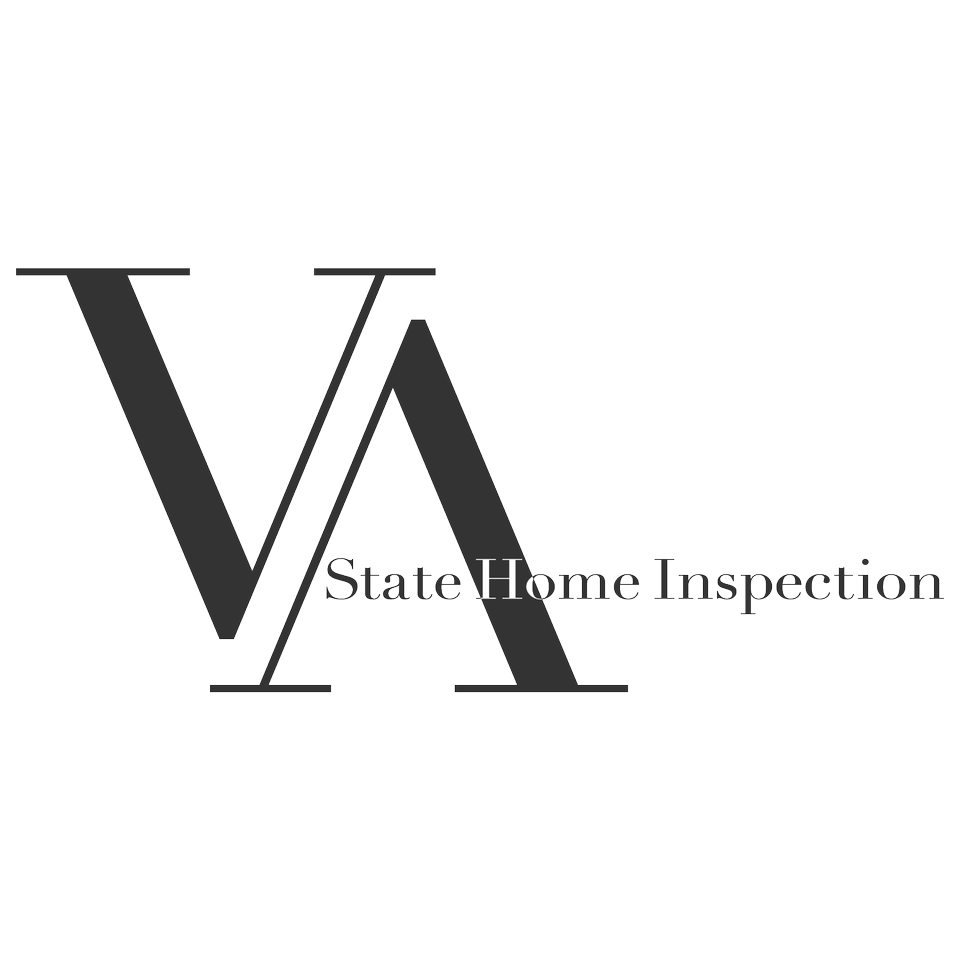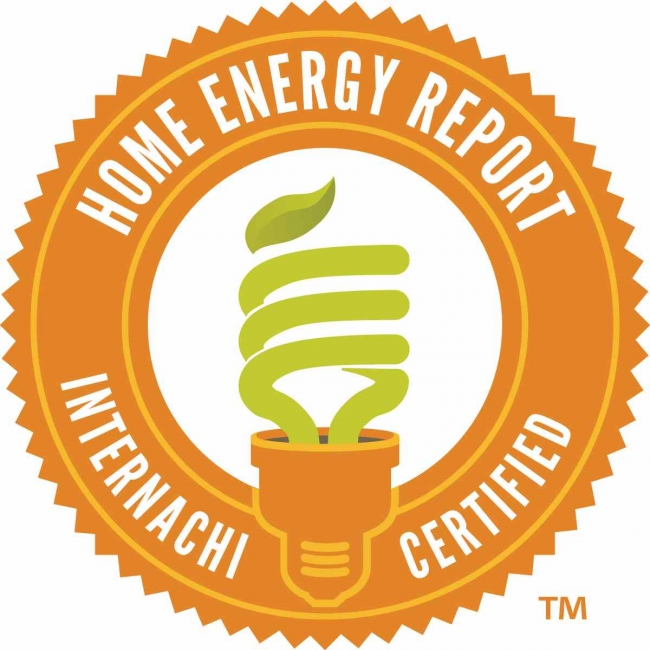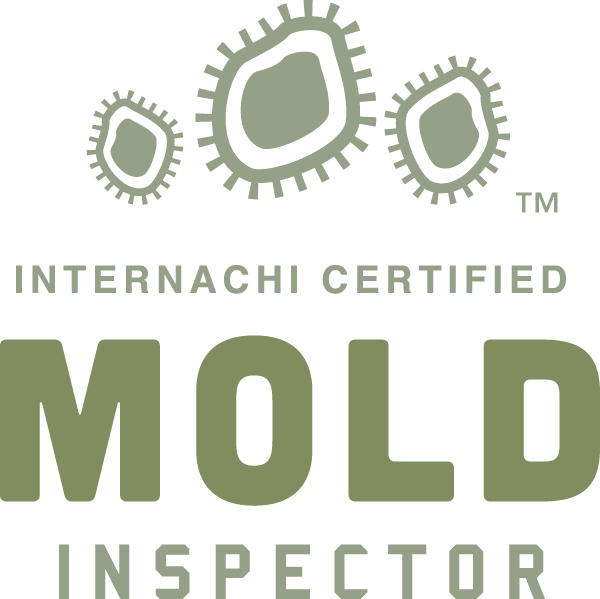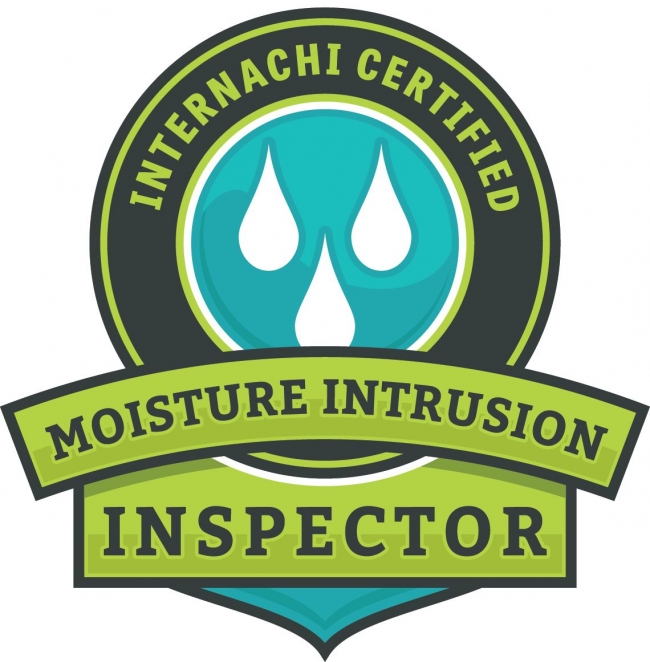Are you about to purchase or in the market for a home built in the 1980’s? Do you know some of the common problems associated with homes built during this time period? Some of the common problems associated with homes built during this time frame include electric panels, ductwork, & the plumbing pipes.
Electric Panels
Relax! If your home was built in the 1980’s, you shouldn't have to worry about aluminum wiring! There are, however, some brand name electric panels that are infamous to home inspectors in the industry. Federal Pacific and Zinsco come to mind for me.
The standard electric panel installed in the 1980’s was an 100 amp electric panel which is the minimum electric service requirement today (January, 2019). If your planning on running a workshop out of your home with the use of a lot of power tools that require a decent electrical load, you might have some problems. For the average homeowner, 100 amps might be adequate but, something to consider when purchasing the home. As the families grow in numbers in homes, so do the electrical loads.
Federal Pacific & Zinsco electric panels had a few manufacturer errors when they were originally built. A lot of home inspectors out there wont even touch them if they spot them due to the potential dangers of these electric panels. Some of the common problems associated with the panels were that the breakers failed to trip when overloaded, resulting in a potential house fire. Another common problem with the two panels is that when the panel cover is removed, the breakers had a tendency to pop out rather easy. This is the main reason that a lot of home inspectors wont touch them and refer them out to a qualified licensed electricians.
Air Ducts / Ductwork
Flex ducts were still a relatively new thing in the 1980’s and they saved contractors and homebuilders a lot of money at the time. Like everything out there, it’s all a great idea until it’s not anymore. The earth is flat until it’s not anymore. The ductwork that home inspectors are looking for are typically referred to as “Gray Flex Ducts” which tend to be problematic. The outer shell of the gray flex duct would split when exposed to UV light. The entire flex duct was likely to deteriorate after the outer shell was split open. The UV light was able to enter the attic through the attic vents (do not seal up your attic ventilation). A lot of homeowners would tape them up to seal them which is a good temporary solution but, the longterm fix is replacing the flex duct which isn't a crazy expensive fix in the long run. The newer flex ducts out there seem to be much better & the UV light issue has since been solved.
Plumbing Pipes / Systems
This one is a bit more popular since there was a class action lawsuit against Polybutylene plumbing systems or also commonly referred to as Quest (Qwest).
This piping system was revolutionary at the time due to its ability to bend and flex while being installed. It saved a lot of time during the building process and a lot of money for the builders and contractors. Unfortunately, a lot of these plumbing systems failed which caused a lot of property damage to homes and headaches to homeowners.
Most of the problems came near the plastic pipe fittings for the first generation of polybutylene plumbing systems. Many of those plastic fittings were replaced by copper fittings. This was viewed as an adequate fix at the time but, some homeowners still have problems with them. There are a lot of homeowners out there that have little to no problems with their polybutylene plumbing system in their homes. However, many home inspectors will still bring this to your attention for you to make your own decision about purchasing the home.
Remember, every home needs maintenance and things to be fixed over time. Home inspectors like myself love to use the “old car” analogy when talking about problems in the home. Owning a car requires the oil to be changed regularly, along with a new oil filter, a new air filter, spark plugs at times, etc. We often forget that our homes require the same level of care and maintenance to operate & perform in the way it was designed.
I hope this home inspection blog finds you well and that you learned something from it! I’m Jacob Knapp with Virginia State Home Inspections and I primarily operate in the Hampton Roads area in Virginia (Newport News, Hampton, Williamsburg, Yorktown, Gloucester, Hayes, Matthews, Jamestown, Poquoson, etc.). If you have any questions or just want to chat, you can reach me at info@vastatehomeinspections.com or call me at 757-503-3677. Follow me on Instagram or Facebook for some awesome freebies & advice @VAStatehomeinspections I’m truly passionate about helping people learn and helping them to save money! Have a great one everyone & please let me know what you think!












